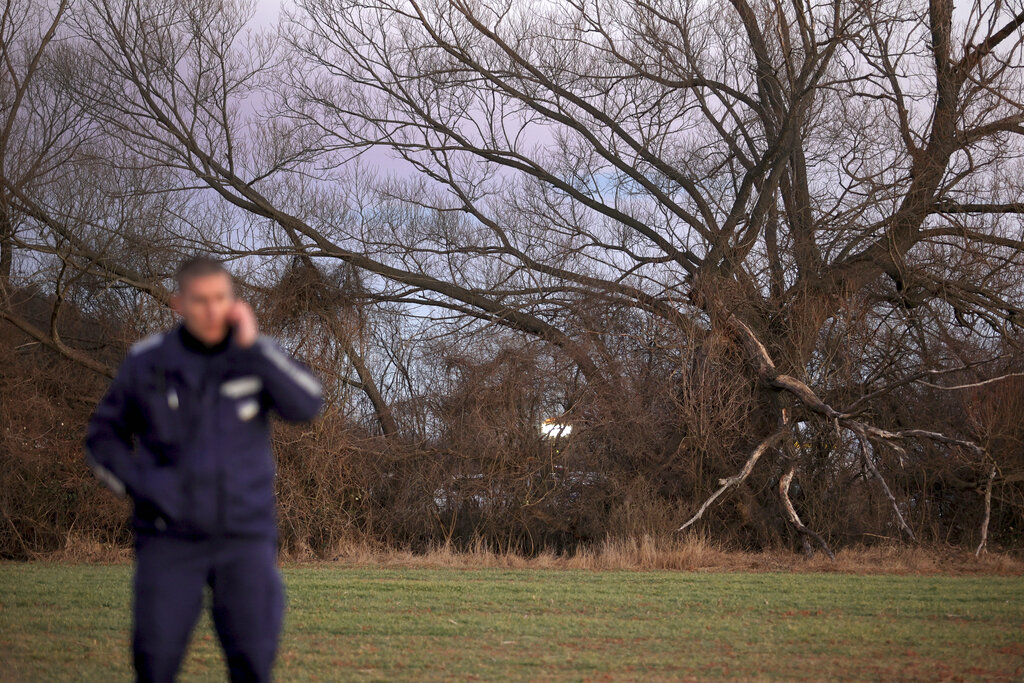Three Italian teachers were detained in Bulgaria over the Christmas holidays, accused of facilitating illegal immigration along the Balkan route.
The group from Turin, consisting of Lucia Randone, Simone Zito, and Virginia Speranza, insisted their aim was to provide humanitarian aid to migrants navigating the journey to Europe, to provide essential supplies, and raise awareness of the conditions migrants face at the Bulgarian border.
Lucia Randone, a history and philosophy teacher from Casale Monferrato, explained their mission to Corriere della Sera: “In Bosnia and Serbia, we heard stories about Bulgarian police violence, so we decided to move there. Our goal is to bring concrete solidarity — food, warm clothing, medicines — and to draw attention to the violations occurring at this border.”
The group, all of whom are members of a collective known as “Balkan Routes,” claimed that while much of the focus is on the Mediterranean, “the Bulgarian border is the most violent of all.”
The group’s efforts include not only aid but also preventing illegal pushbacks by being physically present during migrant arrivals.
On Dec. 24, Bulgarian authorities detained Randone, Zito, and Speranza, accusing them of activities related to aiding illegal immigration.
“When we arrived in the woods [near the border], we immediately notified the border police,” one of the group told Italian media.
“If we didn’t do so, we would have been reported for aiding illegal immigration. Our goal was to be present when [migrants] arrived in order to prevent illegal pushback,” they added.
The action, however, was not well received by the Bulgarian authorities, and they were promptly apprehended and spent the night in a police cell.
The three teachers were released and returned to Italy on Jan. 5. Despite the warning, Randone reaffirmed the group’s determination to continue shining a light on the practices of border guards.
“The police often adopt degrading behavior towards migrants. Our physical presence is crucial to limit dehumanization.”
They justified their activism by reporting on an alleged incident on Dec. 26 at the same border, where they “received a report of three Egyptian boys between 15 and 17 years old” trying to cross. “The police stopped us, we couldn’t reach them, and they died,” the group claimed.
Romania and Bulgaria both officially joined the Schengen Area on Jan. 1, eventually creating a corridor of passport-free travel from the latter to Finland in the north and Portugal to the west, although some border controls will remain in place at both the Hungarian-Romanian and Romanian-Bulgarian borders for at least the first half of the year.






